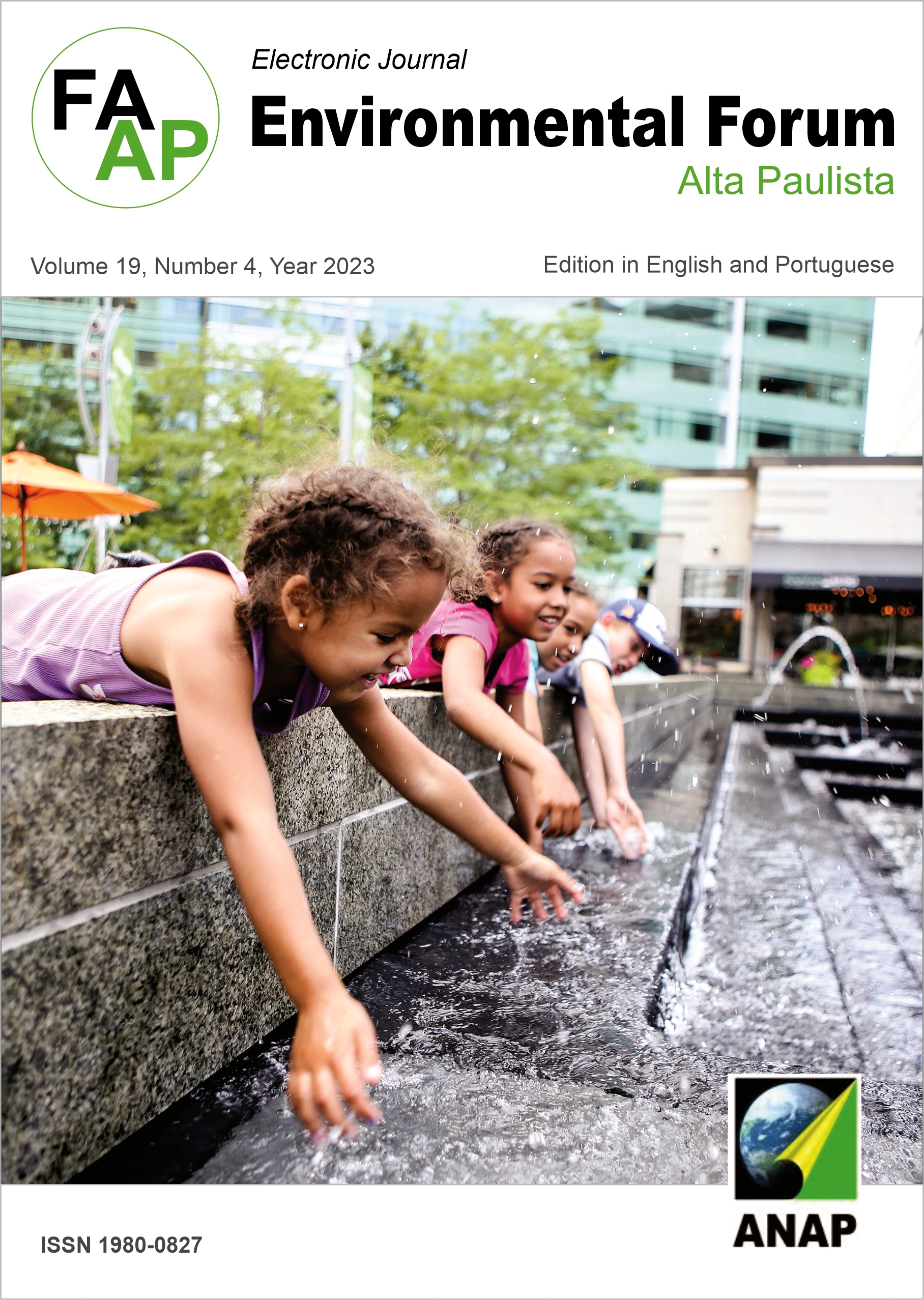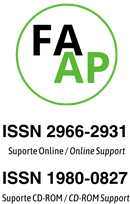Electronic waste recycling in the Brazilian scenario: difficulties and proposals
DOI:
https://doi.org/10.17271/1980082719420233959Keywords:
Systematic Literature Review, Reverse Logistic, Electronic Equipment, Electronic Equipment LinesAbstract
Electrical and electronic equipment consumption has increased in recent years, generating a large amount of waste that can cause environmental and social impacts. This work aimed to analyze the main difficulties and proposals to improve electronic waste recycling in Brazil as well as to identify which types of waste are most generated and recycled in the country. For this, a systematic literature review was carried out, using national and international databases. By analyzing the results, it was found that the main challenges are the lack of public awareness, infrastructure, inspection and the need to implement reverse logistics. The main suggestions are to adopt a circular economy model, improve data collection, promote collector training, develop local capacity to recover materials and increase environmental education. The most generated types of waste are the green line followed by the brown line, and the most recycled are the green line. It can be concluded that electronic waste recycling is a strategic activity for Brazil, which can bring economic and environmental benefits, but which requires greater articulation among the different actors involved.
Downloads
Downloads
Published
Issue
Section
License
Copyright (c) 2023 Periódico Eletrônico Fórum Ambiental da Alta Paulista

This work is licensed under a Creative Commons Attribution-NonCommercial-ShareAlike 4.0 International License.












